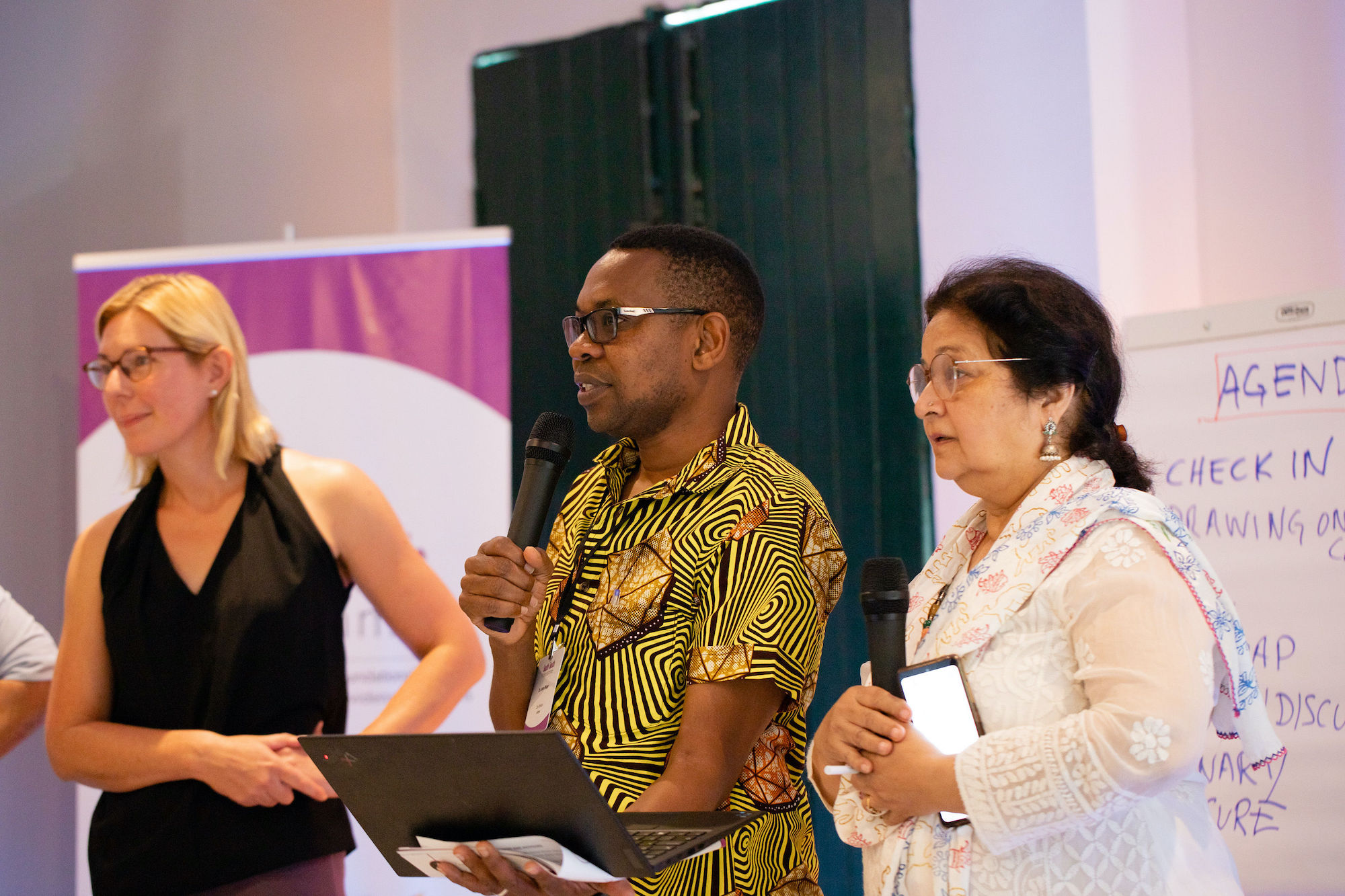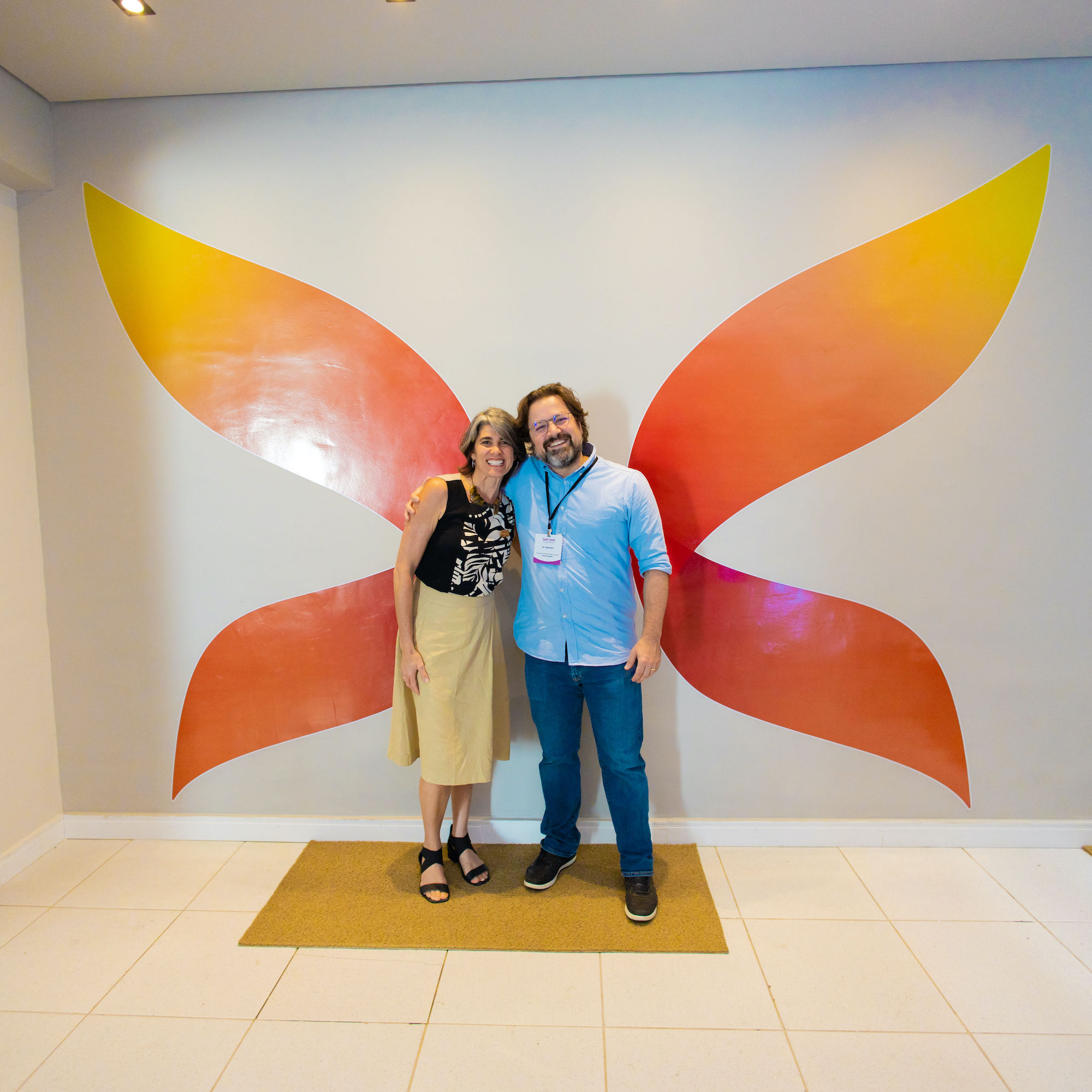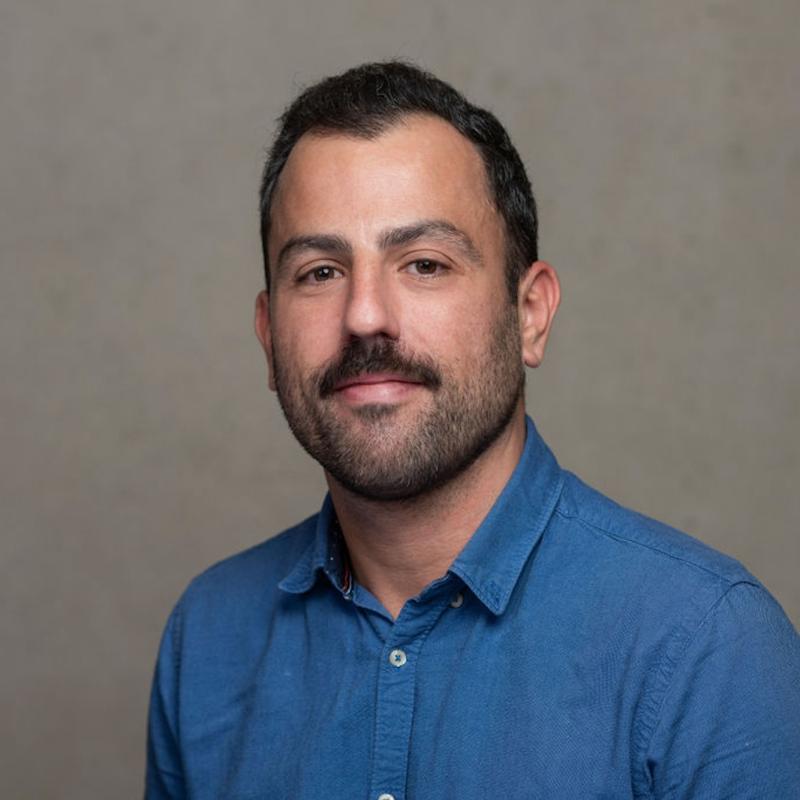Kenya, Pakistan and Brazil show the power of South-South exchanges in education
Following a meeting of educational leaders from Kenya, Pakistan and Brazil in Northeast Brazil, João Pedro Caleiro reflects on the importance of South-South cooperation in the field of education to build transnational networks and improve learning practices.

“Build unlikely coalitions” has become one of the emerging mottos of the Blavatnik School in recent years. Recently, it was on full display several thousand miles away, as 30 educational leaders from Kenya and Pakistan descended on northeast Brazil. They comprise the first cohort of a new programme formally called “Building a South-South coalition on foundational learning through education exchange and evidence synthesis” (or the South-South Programme, for short).
The group had been selected, in the weeks before the mid-September meeting in Brazil, from government and civil society in their countries, in partnership with local organisations Dara-e-Taleem-o-AAgahi (Centre for Education and Consciousness) in Pakistan and Zizi Afrique Foundation in Kenya. The aim of the South-South Programme, a partnership between the Lemann Centre in Sobral and the Lemann Foundation Programme (LFP) at the Blavatnik School, is to foster coalition and build a transnational network to improve learning in those countries.
Brazil was chosen as the host country for an immersion trip this year because of the successful experiences of coalition building and sustaining by the country’s education policy professionals, in the form of “Movimento pela Base” (Movement for the National Common Curricular Base), which survived tumultuous politics during the impeachment of former president Dilma Rousseff to ultimately deliver the country’s first national learning standards. During the trip’s first stop in São Paulo, South-South fellows got to hear from those involved in that process and started strategising as to how to build coalitions and policy priorities in their own specific contexts.
A common thread across the different countries’ most pressing needs was a renewed focus on foundational learning—the basic blocks of education such as numeracy and literacy. In Kenya, for example, about half of the kids do not reach the expected level of reading ability by grade three, numbers not far from the Brazilian scenario. Pakistan, on the other hand, has the second highest absolute number globally of children not in school, a problem likely to be exacerbated by recent catastrophic floods.
The highlight of the immersion trip for everyone in attendance was a visit to Sobral, a municipality of 200,000 inhabitants in the northeast of Brazil which became famous after jumping from 1,366th to first place in IDEB (the Development of Basic Education Index), Brazil’s unified ranking of education results. This leap is attributed to carefully sequenced policy changes, including meritocratic and autonomous school management, teacher training, clear priority-setting of literacy by a specific age and a commitment to constant measurement so that adjustments could be made. Such a combination of best practices may seem obvious on paper but is rarely so consummately implemented in practice.
For three days the South-South fellows, hosted by the Lemann Centre in Sobral, visited schools, bonded with the community, and spoke to principals, parents, and children. They also engaged with the team responsible for kickstarting the education-reform process in the mid-1990s and improving on it ever since: current mayor Ivo Gomes and his predecessors Veveu Arruda and Cid Gomes (Ivo’s brother), as well as the governor of Ceará state, Izolda Cela.

Sobral inspired other municipalities in Brazil and abroad to try their own reforms, a story told in a new case study produced by the LFP in partnership with the Case Centre for Public Leadership. This material will become part of a larger library of global public goods in education, to be created by the LFP team and freely shared and used by education leaders everywhere.
By the end of the immersion week, fellows were tearing up when discussing their renewed inspiration. On the final day, they worked in teams to debate next steps that will be developed during follow-up online sessions in following months. At night, Sobralenses were first puzzled and then delighted to hear an unlikely mix of Pakistani, Kenyan, and Brazilian songs blasting from restaurant speakers while the whole group joined in a conga dance around the tables. Memories that will last a lifetime and recounted many times, as – hopefully – policy improvements that will impact generations to come start to ripple around the world.
The Lemann Foundation Programme is a research and knowledge exchange partnership generously funded by the Lemann Foundation which asks what can Brazil learn from other countries, and what can other countries learn from Brazil? João Pedro Caleiro is a Research Assistant with the programme.

